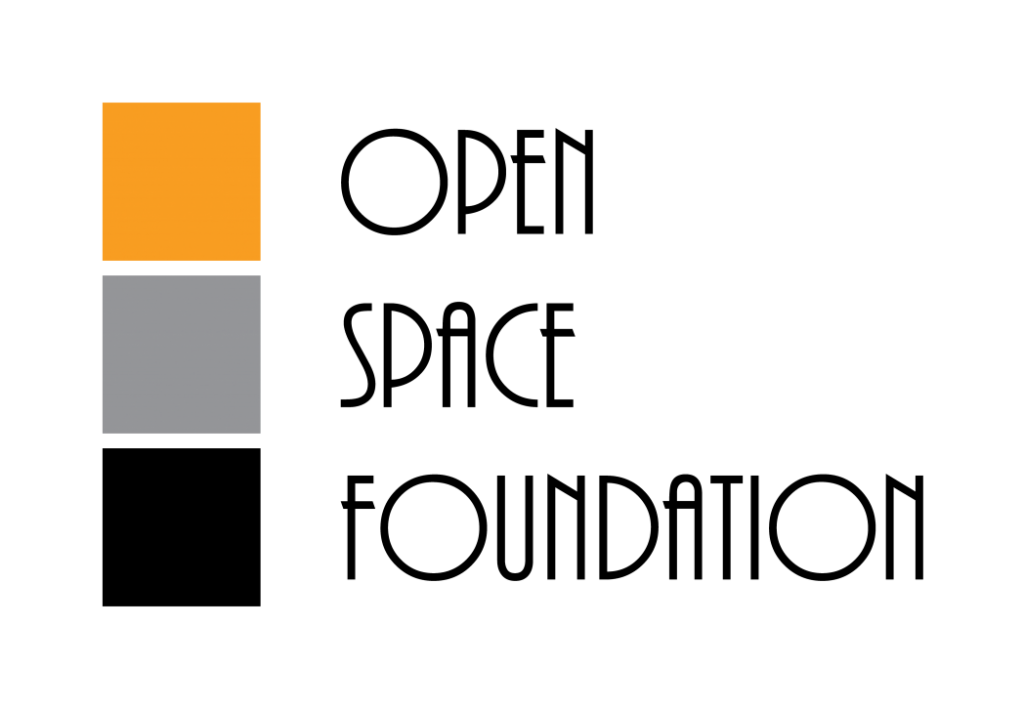From the 7th untill the 12th of January, a meeting of the leaders of the participating organizations on the “F.I.R.E. – From Idea to Reality & Exsicution” project was conducted in South Africa. The purpose of the meeting was to specify the working plan, the profile of the participants and how to prevent situations that could delay or prevent the implementation of the planned activities.
With three of the participating organizations we are meeting and working for the first time, and two of them (from Uganda and South Africa) are entering for the first time in the “Erasmus+” program of European Union. This is as exciting for us as every new beginning. We expect a lot of things to happen, as we have put a lot of hope. We hope for a fruitful partnership for all of us. The project is quite ambitious, but we believe we will do it. We continue to work with colleagues from Tanzania – Chamwino Arts Center. And we are continuing to work with the youngsters who have been volunteers with us on various projects.
The consortium of partners is made up of organizations with many years of experience working with young people. We know the problems and challenges they face and we are looking for different ways for these young people around us to see the meaning and participate in real life instead of embarking on the goal for easy and quick money that a lot of young people chase today. It is true that large NGOs are present in Africa and Asia and are organizing trainings addressing issues such as hygiene, disease prevention and early pregnancy. But there is a clear lack of management and communication skills. Even organizations with more than 7 years of history have reported difficulties in generating alternative solutions, providing support and resources to address development issues, in their organizations and teams. It had been invested in the potential of many people, their universities are also trying to stay up-to-date and train specialists and teachers. But in general, the NGO sector needs competencies to help them engage in real dialogue and co-operate with other social players: government, media, institutions, business.
Our project will help to identify the minimum economic, communication and entrepreneurial skills and knowledge that are needed for social activists. It will offer a program to help them work more efficiently. In addition, we will make the transition from live training to creating a distance learning tool to also serve people who do not have the financial resources for trainings, or are in places where training providers are not existing.
Our goal is to create a program [1] that can be applied in a wider context (not only for people working with youngster) but as a whole – for social activists. An especially important element for civil society is the development of active and socially committed people. With the project, we will provide an opportunity for these people to gain knowledge: how to self-organize and to organize their community, moreover how to plan and implement the change, and how to communicate it (an insignificant problem even for the genius minds). Obviously, the problems in our lives can not be solved with a magic stick, nor has a formula been found so far that the government of a state has succeeded in solving them quickly and immediately. The key to success is in fact – the collective effort of all social players, and the individual initiating somesort of a change they want to make.
We will not analyze how important the NGO sector is. However, we will note that many people are willing to take the risk but are unable to build a sustainable structure, mainly due to the lack of appropriate development and communication competencies. Very often the lack of funds for training is another key problem. Therefore, a wonderful way to do this is providing access to trainings, through the use of information and communication technologies.
Now-a-days most people use mobile phones and the internet. The mobile phone has become not only a social status, but a necessary part of. (For example, in Uganda and Tanzania, mobile phones are being used for shopping, banking and paying bills). The presence of smartphones, tablets, laptops, all this creates conditions for the delivery of educational content anywhere, anytime. If appropriately designed – it can become a valuable resource. We believe that with this project [2], innovative education and development issues can be tackled in an innovative way (not only in Africa and Asia, but other parts of the world as well). With the appropriate educational content, with the opportunity for a modern educational approach, we will certainly benefit people.
The project is funded under the EU Erasmus + program, Key Activity 2: Capacity Building in the field of Youth

In partnership with 5 organizations from Europe, Asia, Africa:
Open Space Foundation (Bulgaria), Chamwino Arts Center (Tanzania), Center for the Advancement of Citizenry Participation in Inter (South Africa), Child Life Network (Uganda), Disha International Trust Foundation (India).
